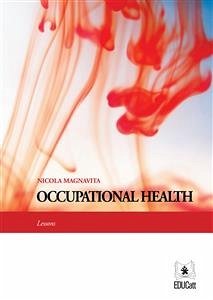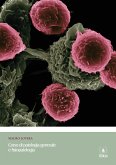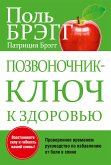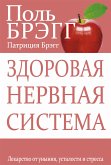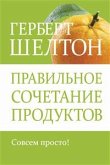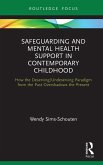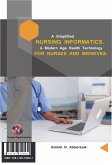My collaboration with the Institute for the Right to Study of the Catholic University began in 1971, December. As sometimes happens, the beginning was a very frank discussion with the Director, dr. Dino Barbavara, who had suspended the provision of the presalario to a student because the income received by his parents was 36 thousand lire a month, and not 36,500 lire as the Director would have expected. It seemed to me that the difference between 36,500 and 36,000 lire (i.e., between 18.85 and 18.59 euros) of monthly pension income for a family of three was irrelevant and that suspending the presalario was a very serious decision, which would certainly prevent the needy student to continue studying. But dr. Barbavara objected that the difference stemmed from the failure to receive family allowances and that, therefore, this could have concealed other income.
After this first heated discussion, I learned to appreciate the extreme professional scruple, honesty and mitteleuropean precision of dr. Barbavara and I began to collaborate with the Opera Universitaria in the local management of activities in favor of the right to study. In 1975, I was elected by Rome with more than 1,500 votes in favor and 7 null as student representative at the University Opera Board, and in 1976 I was re-elected to the same office by collecting votes also in Milan, Brescia and Piacenza. I thus had the honor and the burden of working as one of the 12 members of the University Opera Board of Directors under the Presidence of prof. Bolognesi, underwriting a budget of over 6 billion lire a year, entirely spent to realize the possibility of studying for everyone.
I approved, among other things, the idea of publishing books at a political price, and I was able to contribute in subsequent years to the publications of EDUCATT, with many volumes, when I was a representative of researchers in the Board of the ISU.
Now that I became the Director of the School of Specialization in Occupational Medicine at the Catholic University, I tried my hardest job, writing a booklet with my bad English.
This book is not a manual of occupational health, but only a help for students of Medicine & Surgery, who would like to allow them not to take notes during the lessons or not to photograph the powerpoint presentations with the phone, as it happens very often. I ask them the patience to bear the inevitable language errors, and indeed to point them out, so that this manuscript can become, in the future, an even more useful instrument. And I hope these lessons are the stimulus for studying the occupational medicine not only on this booklet, but on the treatises and journals of this magnificent discipline.
I would like to thank Dr. Francesco Chirico for his valuable work as proofreader of this book.
After this first heated discussion, I learned to appreciate the extreme professional scruple, honesty and mitteleuropean precision of dr. Barbavara and I began to collaborate with the Opera Universitaria in the local management of activities in favor of the right to study. In 1975, I was elected by Rome with more than 1,500 votes in favor and 7 null as student representative at the University Opera Board, and in 1976 I was re-elected to the same office by collecting votes also in Milan, Brescia and Piacenza. I thus had the honor and the burden of working as one of the 12 members of the University Opera Board of Directors under the Presidence of prof. Bolognesi, underwriting a budget of over 6 billion lire a year, entirely spent to realize the possibility of studying for everyone.
I approved, among other things, the idea of publishing books at a political price, and I was able to contribute in subsequent years to the publications of EDUCATT, with many volumes, when I was a representative of researchers in the Board of the ISU.
Now that I became the Director of the School of Specialization in Occupational Medicine at the Catholic University, I tried my hardest job, writing a booklet with my bad English.
This book is not a manual of occupational health, but only a help for students of Medicine & Surgery, who would like to allow them not to take notes during the lessons or not to photograph the powerpoint presentations with the phone, as it happens very often. I ask them the patience to bear the inevitable language errors, and indeed to point them out, so that this manuscript can become, in the future, an even more useful instrument. And I hope these lessons are the stimulus for studying the occupational medicine not only on this booklet, but on the treatises and journals of this magnificent discipline.
I would like to thank Dr. Francesco Chirico for his valuable work as proofreader of this book.

